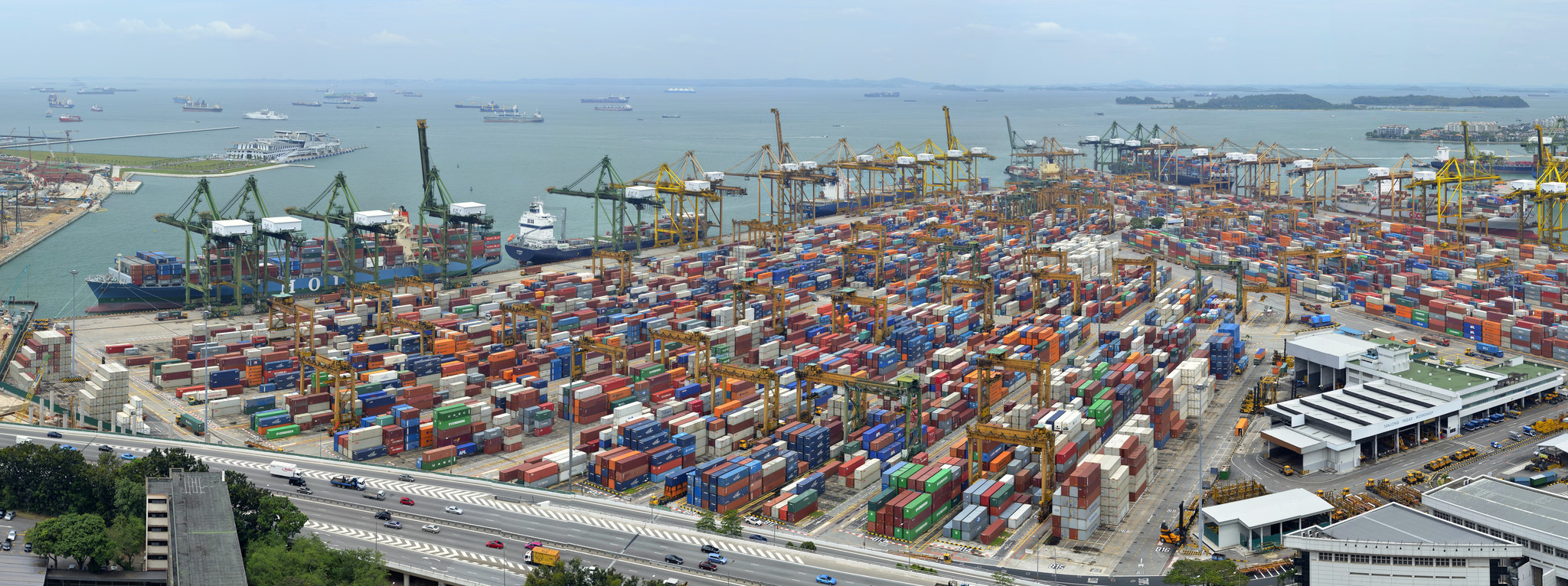The first shots in a potential trade war between the world’s two largest economies have already been fired and are echoing across the world. US tariffs on Chinese imports worth USD34 billion in Chinese imports took effect today following the expiration of a deadline, and with Beijing stating it would be forced to retaliate, the collateral damage will be making waves across the globe.
Singapore is one of the countries that will be most affected by the complementary waves of a US-China economic tussle. Washington's proposed tariffs on Chinese goods will hit international supply chains, warned experts, and economies who are dependent on trade will suffer the most.
“The impact would not be felt as much in the US itself, since its internal economy is large enough to stabilise the market,” said Singapore-based economist Prasenjit K Basu, adding that countries like Singapore, South Korea and Taiwan would see immediate consequences because of their value chain position, economic model and geographic location.
According to Reuters, a new model by economists at London-based Pictet Asset Management has produced a list of countries that would be most economically damaged by an escalation in the trade war, and countries most at risk are those like Singapore, South Korea and Taiwan which supply raw materials and goods to China, which then uses those raw materials in the production of goods for export.
Singapore’s highly developed free market economy has been ranked as one of the most open in the world, exporting electronics, chemicals and financial services. There is over USD100 billion of annual bilateral trade between Singapore and China, and 61.6 per cent of the island nation's exports are part of global supply chains.
Basu said the economies dependent on trade will be the most affected by the escalation, and Taiwan and South Korea were other economies in the region that would be affected.
He also emphasised that for India, the great opportunity is now to expand its value chain footprint. The trade war would create a vacuum in international production that Malaysia and Vietnam are poised to fill, and India needs to make efforts to reap some benefits.
“If India wants the Make in India initiative to take off, it should aggressively pursue countries like South Korea and Taiwan. Commerce Minister Suresh Prabhu should be making visits to these countries highlighting the advantages and facilities India has to offer,” Basu said.
He also mapped out long-term shifts in the global economy if the conflict were to persist. “Over time, the supply chains will be altered. They will create new supply chain frameworks without China being involved, towards countries like Malaysia and Vietnam,” he said.

The Trump administration has warned it may ultimately target over USD500 billion worth of Chinese goods, and Beijing has promised an equivalent response, which means that countries like Singapore need to make long-term plans to ride out the shock waves from the collision.




